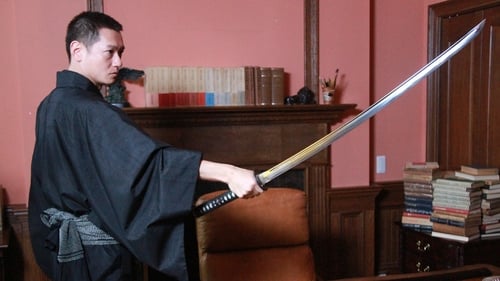
On November 25th 1970, a man committed ritual suicide inside the Tokyo headquarters of the Japanese Ministry of Defence, leaving behind a legacy of masterpieces and a controversy that echoes to this day. The man was Yukio Mishima, one of Japan's greatest and most celebrated novelists. With four members of his own private army - the Tatenokai - Mishima had taken the commandant hostage and called upon the assembled military outside the Ministry to overthrow their society and restore the powers of the Emperor. When the soldiers mocked and jeered Mishima, he cut short his speech and withdrew to the commandant's office where he committed seppuku - the samurai warrior's death - tearing open his belly with a ceremonial knife before being beheaded by one of his colleagues. What was Mishima truly trying to express through his actions? And what did he witness during his final moments?

일본의 학생운동이 막을 내린 계기가 된 나가노의 ‘ 아사마 산장’사건을 소재로 혁명을 좇던 젊은이들이 파국에 내몰려야 했던 과정을 상세히 기록한 영화. 1972년 다섯 명의 젊은이들이 눈 덮인 산장에서 경찰과 10여일간 대치하며 농성을 벌이다 체포된다. 이들은 당시 학생운동의 상징적 단체이던 연합적군으로 이 사건 이후 일본 학생운동은 막을 내리게 된다. 혁명전사를 꿈꾸던 젊은이들이 동료간에 린치, 살인, 이후 인질극을 벌이게 되는 과정을 치밀하게 담아냈다.
